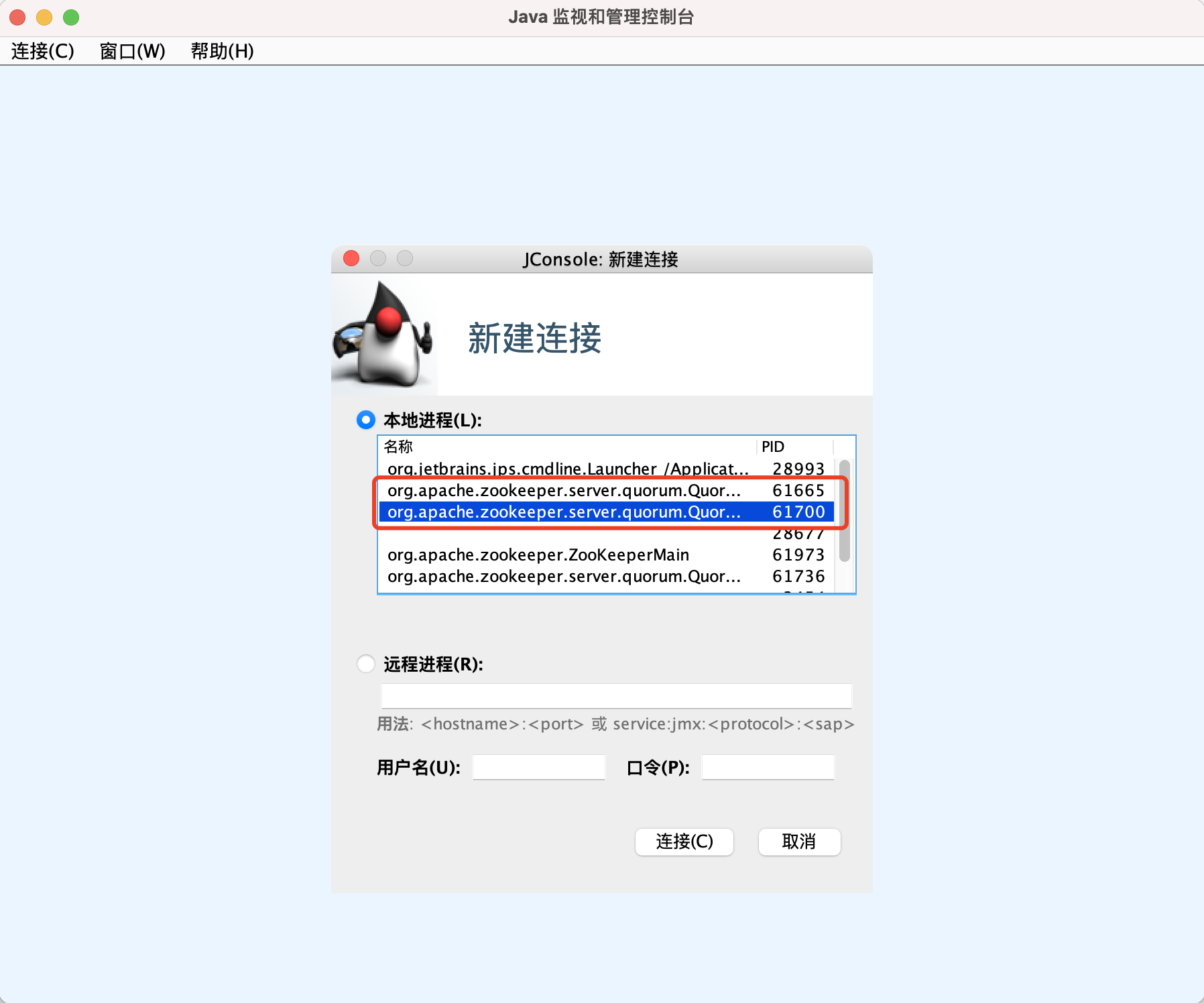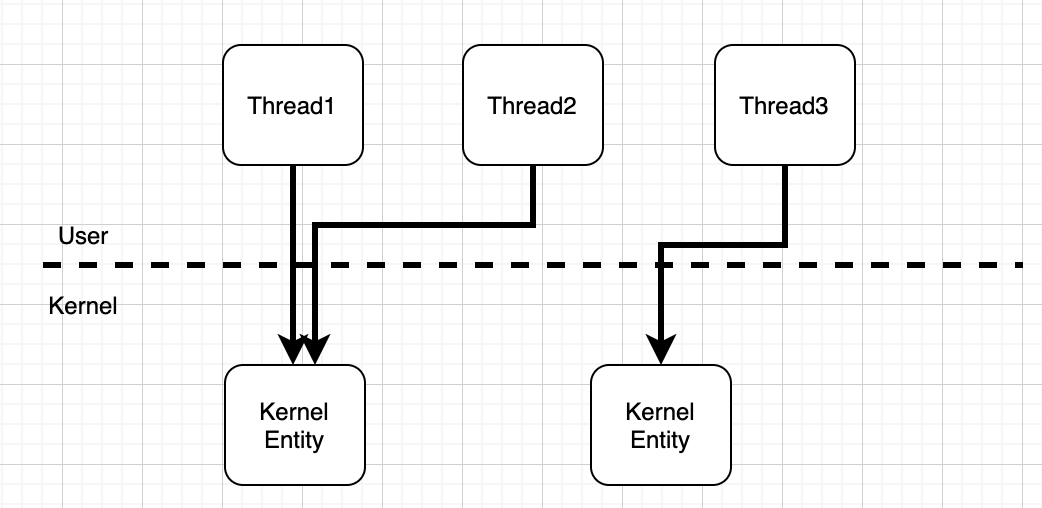2019独角兽企业重金招聘Python工程师标准>>> 
struct Student{1: i32 sno,2: string sname,3: bool ssex,4: i16 sage,
}
service Serv{i32 put(1: Student s),
}2. 用“thrift -r --gen cpp student.thrift”在gen-cpp文件夹中生成cpp及头文件,其中自动生成了Serv_server.skeleton.cpp文件,它是简单的server端代码,可以修改(一般都重新参照来写server端代码)
可以用g++ -g -DHAVE_NETINET_IN_H -I. -I/usr/local/include/thrift -L/usr/local/lib Serv.cpp student_types.cpp student_constants.cpp Serv_server.skeleton.cpp -o server -lthrift
生成server可执行程序;
3. 可以修改Serv_server.skeleton.cpp文件,做成非阻塞server:
新建server.cpp文件(参照Serv_server.skeleton.cpp并参照nonblockingServer的写法):
#include <concurrency/ThreadManager.h> //zml
#include <concurrency/PosixThreadFactory.h> //zml
#include "Serv.h"
#include <protocol/TBinaryProtocol.h>
#include <server/TSimpleServer.h>
#include <transport/TServerSocket.h>
#include <transport/TBufferTransports.h>
#include <server/TNonblockingServer.h> //zml
using namespace ::apache::thrift;
using namespace ::apache::thrift::protocol;
using namespace ::apache::thrift::transport;
using namespace ::apache::thrift::server;
using namespace::apache::thrift::concurrency; //zml
using boost::shared_ptr; #define THREAD_NUM 2
const int g_port = 9090;
class ServHandler : virtual public ServIf {public:ServHandler() {// Your initialization goes here}int32_t put(const Student& s) {// Your implementation goes hereprintf("put student.sno=%d\n", s.sno);return s.sno;}
};
int thrift_server_run()
{//创建thrift servershared_ptr<ServHandler> handler(new ServHandler());shared_ptr<TProcessor> processor(new ServProcessor(handler));shared_ptr<TProtocolFactory> protocolFactory(new TBinaryProtocolFactory());shared_ptr<ThreadManager> threadManager = ThreadManager::newSimpleThreadManager(THREAD_NUM);shared_ptr<PosixThreadFactory> threadFactory = shared_ptr<PosixThreadFactory> (new PosixThreadFactory()); //PosixThreadFactory可以自定义(继承于ThreadFactory)threadManager->threadFactory(threadFactory);threadManager->start(); TNonblockingServer server(processor, protocolFactory, g_port, threadManager);try {server.serve();}catch(TException e) {printf("Server.serve() failed\n");exit(-1);}return 0;
}
int main(int argc, char **argv) {thrift_server_run();while(1) {sleep(10);}return 0;
}生成server可执行程序:
g++ -g -DHAVE_NETINET_IN_H -I. -I/usr/local/include/thrift -L/usr/local/lib Serv.cpp student_types.cpp student_constants.cpp server.cpp -o server -lthriftnb -levent -lthrift -lrt
4. 编写对接nonblockingServer的client端代码:
#include "Serv.h" // 替换成你的.h
#include <transport/TSocket.h>
#include <transport/TBufferTransports.h>
#include <protocol/TBinaryProtocol.h>
using namespace apache::thrift;
using namespace apache::thrift::protocol;
using namespace apache::thrift::transport;
using boost::shared_ptr;
int main()
{boost::shared_ptr<TSocket> socket(new TSocket("localhost", 9090));//对接nonblockingServer时必须的,对普通server端时用boost::shared_ptr<TTransport> transport(new TBufferedTransport(socket));boost::shared_ptr<TTransport> transport(new TFramedTransport(socket)); boost::shared_ptr<TProtocol> protocol(new TBinaryProtocol(transport));ServClient client(protocol);//设置发送、接收、连接超时socket->setConnTimeout(2000);socket->setRecvTimeout(2000);socket->setSendTimeout(2000);transport->open();//insert your code here Student stu;stu.sno = 1;stu.sname = "zml";stu.ssex = 0;stu.sage = 25;int ret = client.put(stu);printf("client put ret=%d\n", ret);transport->close();return 0;
}编译生成client可执行程序:
g++ -g -DHAVE_NETINET_IN_H -I/usr/local/include/thrift -L/usr/local/lib/ Serv.cpp student_types.cpp student_constants.cpp client.cpp -o client -lpthread -lthrift -lrt





















